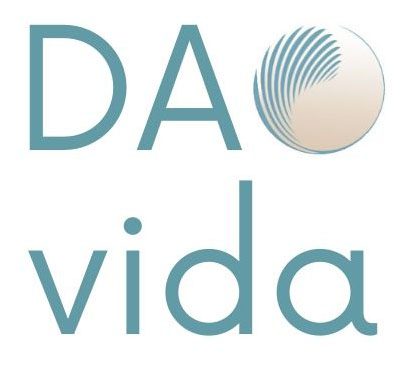
Acupuncture for stress, anxiety and depression
Acupuncture has been shown to have a calming action with decreased heart rate, lowered blood pressure, stress reduction and increased energy.
By restoring balance and reducing stress, acupuncture can be very helpful if you suffer form anxiety, panic attacks, depression, stress or insomnia.
The stress response
The body responds to stress with a particular set of biochemical reactions called the stress response. At stressful times, the body quickly releases chemicals into the blood. This sets into motion a series of physical changes. These include a faster heart beat and breathing rate, higher blood pressure and increased muscle tension. These physical changes give the body added strength and energy and alertness. They prepare the body for dealing with stressful events such as giving a speech, aiding an accident victim, or fighting or fleeing from attack. For short periods there is no damage, the situation is survived and the individual can relax. However, if the stress becomes chronic or out of proportion, this healthy response can become pathological. Over alertness may progress to mental strain; anxiety, insomnia and exhaustion; raised breathing rate to dysnoea or panic attacks; raised heart rate to palpitations and increased muscle tone to muscular tension, pain or tremor.
Some of us commonly live under a constant state of stress, continually triggering the stress response and depleting valuable reserves of energy. Those who surpass individual limits of stress suffer the consequences. Stress manifests itself in many ways. Common symptoms are headache, backache, skin disorders, gastric problems and sleeping disorders. Psychological symptoms may include depression, anxiety, poor concentration, poor memory and loss of self confidence. There is mounting evidence that chronic stress can lead to long term health problems, such as hair loss, strokes, asthma, skin conditions, high blood pressure, heart disease irritable bowel syndrome, etc. Some studies indicate that as many as 60-90% of visits to ‘health care professions’ are for stress-related conditions.
Stress relief
There is no standard bottled formula for stress. To cope with stress, tension and strain in our lives we often use quick fixes – alcohol, cigarettes, sugar and all sorts of over-the-counter and prescriptive drugs. Food can also be used to cope with stress and emotional discomfort. Many people eat when they feel anxious, depressed and stressed. There is no magic stress-reduction pill, neither do alcohol, sleeping tablets nor antidepressants offer any real solution to reducing stress. The taking of antidepressants, although often prescribed to reduce stress, offers at best only limited short-term relief and at worst, offers habituation to and even physiological dependence on a particular drug.
Can acupuncture help?
Acupuncture is primarily concerned with regulating the individual’s life force, the body energy or ‘Qi’. It has a number of beneficial physiological effects — Acupuncture has a relaxation response with decreased heart rate, lowered blood pressure, stress reduction and increased energy and tissue regeneration. It has been shown to produce a calming or tranquilizing action that is of particular interest to people in states of stress. Acupuncture can relieve feelings of anxiety and depression, and can give a person a feeling of well-being and self-confidence. Acupuncture can provide a safe and effective tool for stress. It will not, of course, change the circumstances of a person’s life but it will usually produce a feeling of well-being. The practitioner can help restore balance and thus protect health by identifying each individual’s unique energy profile to see where the weak spots are and where support is needed to restore balance. Acupuncture can open a window of opportunity. As the heavy feelings of stress are relieved, a person feels more confidence in his ability to cope with unpleasant aspects of his life situation and make necessary changes.
Helpful Links
- Acupuncture Equal to Talk Therapy for Recurring Depression Medscape Sept 2013
- Stress Relief Breathing exercises: Abdominal Breathing
- Mindfulness & Stress Reduction: Mindfulness meditation training changes brain structure in 8 weeks Science Daily 21/01/2011
- Mindfulness meditation with Jon Kabat-Zinn
- Headspace meditation
